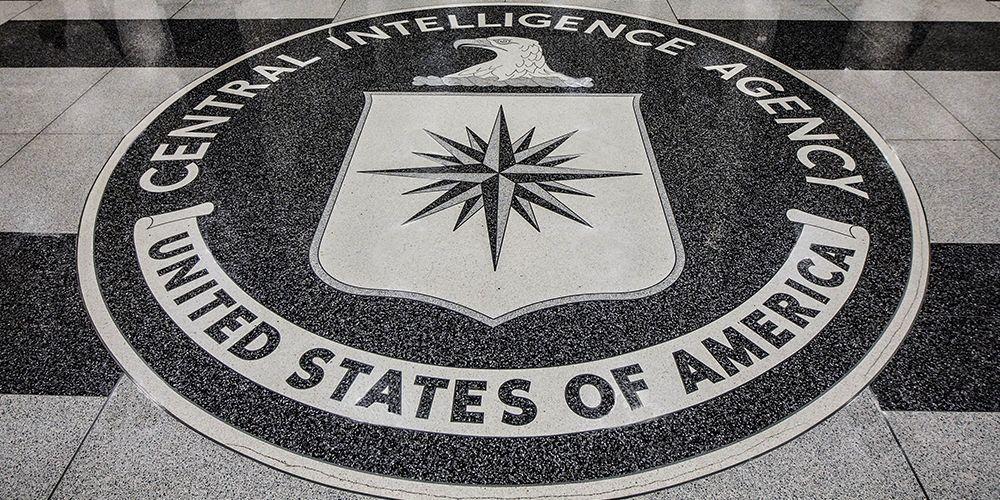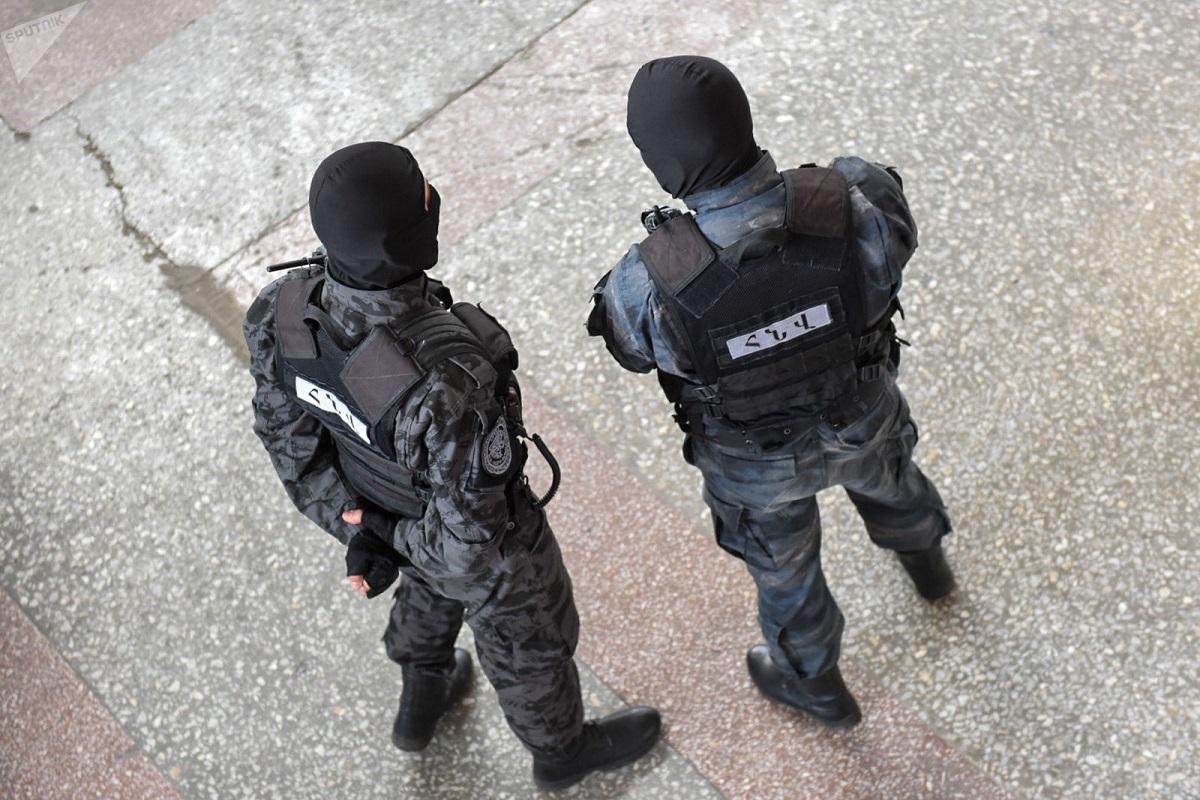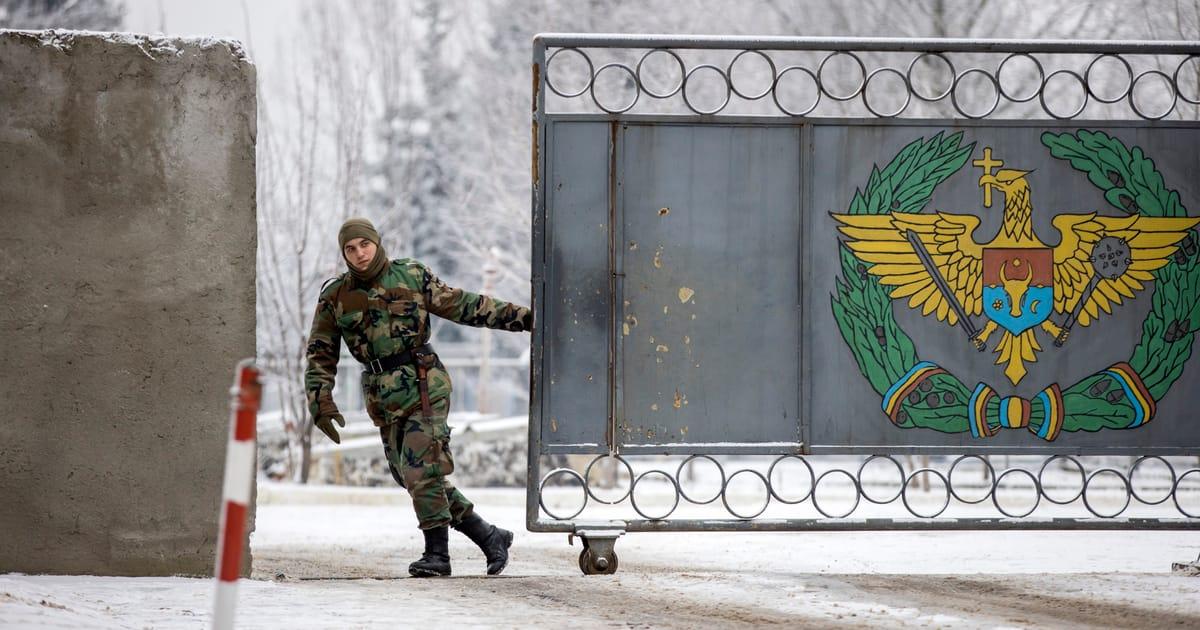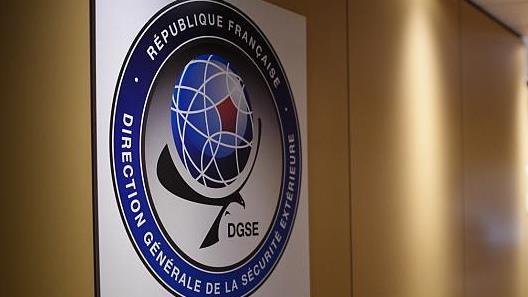Russian, US, EU intelligence services vie in Armenia for regional influence Yerevan's westward shift sparks spy games
Armenia, once considered Russia’s stronghold in the South Caucasus, is now at the epicenter of a geopolitical and intelligence tug-of-war involving Russia, the United States, and the European Union. With recent developments, including the withdrawal of Russian border guards from Yerevan’s Zvartnots airport, the country has become a hotbed for foreign intelligence activities, while its own intelligence apparatus appears either sidelined or caught in the crossfire.
Armenia's shift from Russia to the West
Armenia’s geopolitical landscape has been in flux, especially since 2018, when Prime Minister Nikol Pashinyan began distancing his country from Russia's grip. Over three decades, Russian forces had controlled Armenia's borders, including key points such as Zvartnots airport. However, the recent withdrawal of Russian border guards after 32 years marks a significant shift in Armenia's foreign policy -one that aligns it more closely with Western powers.
Pashinyan’s government has been resolute in its efforts to reduce Moscow's influence. This shift is not only symbolic but also practical, as Armenia's newfound alignment with the West has opened the door to a surge in foreign intelligence activities within its borders. The withdrawal of Russian forces from Zvartnots is just the beginning of a broader transition that has profound implications for Armenia’s national security.
The intelligence chessboard: Armenia at the center
As Armenia drifts away from Russia, the vacuum left behind is being rapidly filled by Western intelligence agencies, particularly from the United States, the European Union, and France. These agencies are keen to gather intelligence on regional dynamics, especially concerning Iran's activities in the South Caucasus and beyond. In this context, Armenia has unwittingly become an outpost for Western powers, which are now deeply entrenched in the country.
Russia, however, is not willing to relinquish its influence over Armenia without a fight. Despite the withdrawal of its border guards, Moscow's intelligence agencies remain active within the country. Russian special services have established strong bases across Armenia, enabling them to continue monitoring Western activities. This has set the stage for a clandestine battle between Russian and Western intelligence services, with Armenia caught in the middle.

Armenia's own intelligence apparatus appears to be playing a dubious role in this complex scenario. Many Armenian intelligence officers are products of the Russian school of intelligence, which raises questions about their loyalties. Are they still aligned with Moscow, or have they shifted their allegiance to the West? Or perhaps they are attempting to navigate a perilous path between the two?
Reports are suggesting that the Pashinyan government has given strict instructions to the Armenian Security Service to stay out of Western intelligence operations in the country. If true, this would indicate a tacit acceptance by Yerevan of the intelligence war being waged on its soil, where Armenia’s own intelligence plays little to no role. This situation would be unthinkable in any other sovereign state, but Armenia’s precarious position has forced it into a corner where it must merely observe rather than act.
Armenia’s shift towards the West and the increasing presence of Western intelligence agencies in the country are not without risks. The West, particularly the United States and the European Union, is pressuring Armenia to sever its ties with Russia. This demand for a clear-cut alignment leaves Yerevan with little room for maneuvering. Pashinyan's government is being pushed to implement these demands swiftly, with no chance to retreat.

However, the West's strategy regarding Armenia seems more about using the country as a pawn against Russia than genuinely supporting its sovereignty. Western powers are well aware that completely severing Armenia from Russia's influence is a near-impossible task, at least for the foreseeable future. Instead, they appear content to leverage Armenia as a geopolitical tool in their broader conflict with Moscow.
The dangers of abandoning Russia
Armenia’s reliance on Russia spans all sectors, from military to economic. Moscow retains the capability to cripple Armenia’s economy quickly through various means, including economic and commercial manoeuvres. The Kremlin holds the levers that could trigger an internal crisis in Armenia at any moment, and these factors can be employed whenever Moscow deems necessary.

Despite the dangers, Pashinyan’s government continues to distance Armenia from Russia in favor of closer ties with the West. This strategy is fraught with peril, as it risks isolating Armenia from its traditional protector without securing a guaranteed alternative. The removal of Russian border guards from Zvartnots airport was met with satisfaction in Western capitals, but it also means that Russia has lost a crucial channel for gathering intelligence on Western activities in Armenia.
With the withdrawal of Russian forces from strategic points like Zvartnots, Western intelligence agencies now have more freedom to operate in Armenia without Russian oversight. However, this newfound freedom is likely to escalate tensions between foreign intelligence services. Reports suggest that the conflict between Russian and Western intelligence agencies has already begun to heat up in Armenia. The situation is so volatile that a full-blown intelligence war could erupt on Armenian soil.
Armenia, unable to intervene, will have to watch this conflict unfold from the sidelines. The Pashinyan government, constrained by its commitments to the West, cannot afford to disrupt the activities of Western intelligence, even if it wanted to. As a result, Armenia risks becoming a battlefield for foreign powers, with little control over its own fate.
The presence of competing foreign intelligence agencies in Armenia could lead to significant internal instability. The delicate balance that the Pashinyan government is trying to maintain between distancing Armenia from Russia and appeasing the West may soon collapse under the weight of these external pressures. As the intelligence war intensifies, Armenia could descend into chaos, with its sovereignty further eroded by the very powers it is trying to align with.

In conclusion, Armenia's geopolitical shift from Russia to the West has turned it into a battleground for foreign intelligence services. The withdrawal of Russian border guards from Zvartnots airport is a symbolic and practical shift that has opened the door to a new phase of intelligence operations in the country. However, Armenia's own intelligence services are either sidelined or compromised, leaving the country vulnerable to external manipulation. As the situation develops, Armenia may find itself at the mercy of foreign powers, with little agency in determining its own future.








